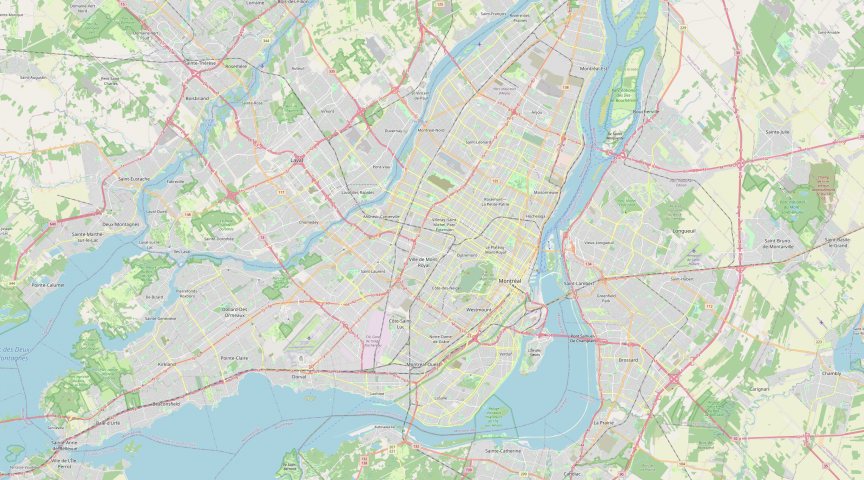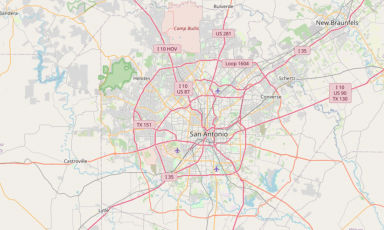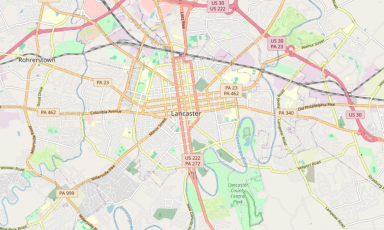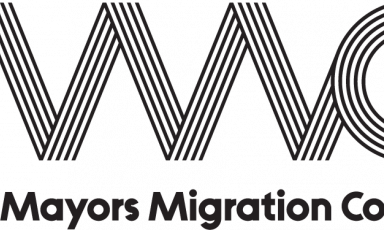Montreal, Canada
Access to services without fear for migrants in irregular immigration status

Summary
On 20 February 2017, Montreal affirmed its commitment to ensure the protection and accessibility of its services to any migrant in an irregular situation or without immigration status who lives on its territory. There are an estimated 50,000 "undocumented" people in Montreal. In June 2019, the City adopted the "Policy for access to municipal services without fear", based on a concrete tool: the creation of an identification and residence card for access to municipal services without fear. During the pandemic, and despite the shutdown of municipal services, more than 500 cards were issued in 2020-2021. The card enabled migrants to access, among other things, vaccination against covid-19, food banks and banking services. In addition, to respond to protection and security issues, the city has deployed the "Cellule d'intervention et de protection des migrants" (intervention and protection unit for migrants) who are victims or witnesses of abuse or criminal acts.
Today, the City of Montreal is once again intensifying its efforts around 4 objectives:
- Train Montreal Police Service officers to reduce the risk of denouncing non-status people to the Canada Border Services Agency;
- Promote fearless access as a collective social project;
- Continue its advocacy with governments in favour of regularising immigration status;
- Structure funding for migrants with precarious immigration status
Impact
Independent studies have shown that Montreal, through its achievements, has taken a considerable lead on this issue among Canadian cities.
The impacts of the Access without Fear project include:
- an increased sense of belonging for people with precarious or non-status status in Montreal, particularly through the identification and residence card;
- increased access to essential services without fear;
- an improved quality of life, with an increased sense of security, for the population targeted by these actions; and
- a more inclusive society that is more aware of the realities experienced by people with precarious or non-status status in Montreal
Lessons Learnt
Apart from the ongoing regularisation of all immigration statuses, there is no single answer to the issues of identification, access to services and the risks of denunciation and deportation. To ensure access to services and to increase the protection and safety of precarious and non-status migrants, a whole ecosystem of actors from different backgrounds (legal aid, health and welfare, support and referral, housing assistance, rights and dignity advocacy, governmental actors, etc.) must contribute, through different approaches, both political, administrative, philanthropic, community-based and social, as well as through the implementation of a wide variety of tools, services and means of communication and awareness raising.


